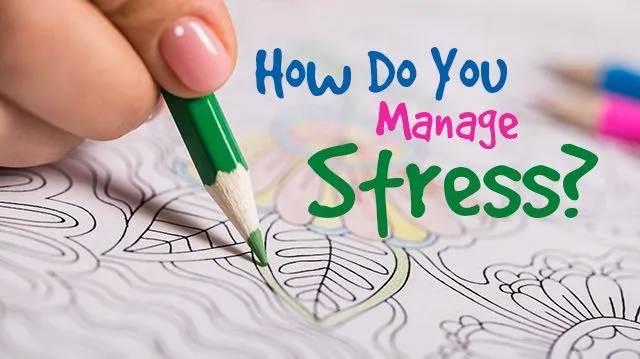
- Share on Facebook80
- Share on Pinterest
- Share on Twitter
Stress is the silent killer. It creeps up unexpectedly. Small events build up and create an overwhelming burden of pressure. Responsibility increases and so does an ever-growing to-do list. Stress eats you up from the inside, hampering your mental and physical health. While you slowly spiral out of control, losing touch with the things that make you happy and failing to enjoy precious moments, stress is taking over.
It triggers headaches, weakens your immune system, increases blood pressure, and left unchecked, stress can lead to heart disease, stroke and stomach ulcers. Sounds nasty, right? It’s in your best interest to get that stress monster under control. So, what do you do? How do you manage stress and prevent it from affecting all parts of your life?
There are a multitude of ways to reduce stress. Some that work instantly, and others that work gradually, diminishing the effects of stress over time. It really depends on the individual and the amount of stress experienced. Below, I’ll share a few of my favorite tricks and techniques for managing stress.
Deep breathing and relaxation
When your heart starts to race and you feel the stress start to take over, just stop. Stop whatever you’re doing that is causing such anxiety and breathe deeply through your nose, letting go of your negative thoughts as you do this. Hold your breath to the count of five, focus on nothing more than the breath flowing through your body and release it slowly through your mouth. Do this 10 times, or as many as it takes to settle your mind. Calm your racing thoughts and settle yourself, close your eyes if it helps.
Restful sleep
Honestly, sleep deprivation is one of the easiest ways to become strung out and stressed. Your body desperately needs sleep to function adequately; don’t mistreat your body by surviving on a little sleep and a lot of caffeine. You will start to become upset at the smallest things, and each little misstep that is part of daily life will seem like an earth-shattering failure.
Try to get at least eight hours of sleep per night. If that’s not possible due to work schedules or other commitments, take a power nap. Napping 15–20 minutes in the afternoon or early evening will greatly enhance productivity and refresh your mind, giving you the energy to make it through the day without having your nerves frayed by stress.
Daily journaling
Keep a daily journal to manage long-term stress in a healthy, cathartic way. Even just recounting the events of the day before you go to bed allows you to collect your frazzled thoughts. You can write a to-do list for tomorrow, a list of things you got done today, what you’re grateful for — even a poem! Anything that calms you and creates a coherent picture of what’s happening in your stress-addled brain.
How do you manage stress? We’d love to hear from you! Share the tips and tricks that you’ve discovered on your journey for calmness and peace. Or let us know which of the methods above helped you the best.
—Taylor Patterson
- Share on Facebook80
- Share on Pinterest
- Share on Twitter

